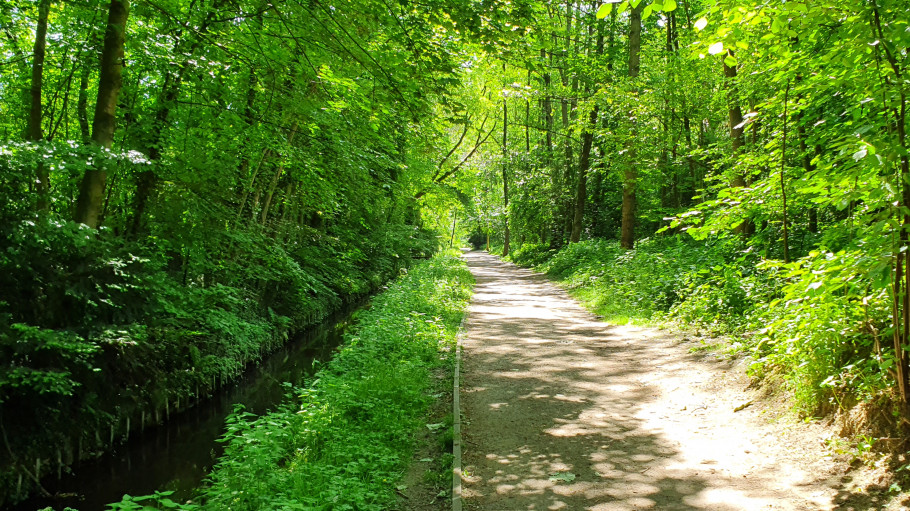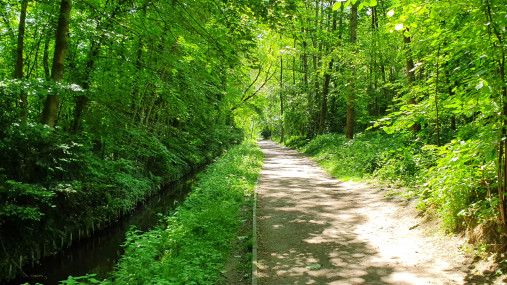
Publications » Position papers » A Regulatory Framework for CO2-Lean Steel Produced in Europe
‘A Regulatory Framework for CO2-Lean Steel Produced in Europe’
Downloads and links
Recent updates

With supportive conditions in place, notably a regulatory framework and infrastructures, the European steel industry will be enabled and be fully committed to contributing to the achievement of the EU’s long-term climate objectives. We would be enabled to developing, upscaling and rolling out of new technologies that could reduce our sector’s CO2 emissions by 2050 by at least 80 to 95% compared to 1990 levels.
The steel sectors in other regions of the world will follow this path, if the EU demonstrates that the decarbonisation of the sector is possible without it losing competitiveness or market share as a result of CO2 abatement cost. This is of particular importance for the protection of the earth’ climate because global steel production represents a significant share – about 7% – of the world’s anthropogenic CO2 emissions. World steel production is even forecasted to grow from 1.7 billion tonnes in 2018 to 2.8 billion tonnes in 2050. It is also unlikely that steel scrap could satisfy global steel demand before the end of the century. It is therefore essential that both primary and secondary steel production are being advanced by the EU to meet the climate objectives.
The Commission’s Strategic Vision “A Clean Planet for all” indicates that deep CO2 emissions reductions in the steel sector are possible through a combination of technological pathways, including steel recycling, carbon capture utilisation and storage, process integration, and
electricity/hydrogen-based metallurgy. At the same time, the Commission document confirms that the steel sector is the most exposed to carbon leakage among all energy-intensive industries, both in terms of possible impact on output and on investment.

Download this publication or visit associated links
Brussels, 20 February 2026 – EU steel exports to the United States fell by 30% in the second half of 2025 compared to the same period in 2024, after the imposition of 50% tariffs according to new Eurostat data. The expansion of the U.S. tariff regime to include downstream steel-intensive products, such as machinery and equipment, is expected to amplify its impact on both EU steel producers and their customers. The European Steel Association (EUROFER) said the figures underscore the need for any EU-US trade agreement to be fair, balanced and enforceable.
Joint Industry Statement
Brussels, 11 February 2026 - The European Steel Association (EUROFER) has backed a call to action adopted by European companies and industries in Antwerp today, which includes a demand on the EU to take urgent action to bring electricity prices down as a condition for Europe’s industrial drive, competitiveness and economic resilience.